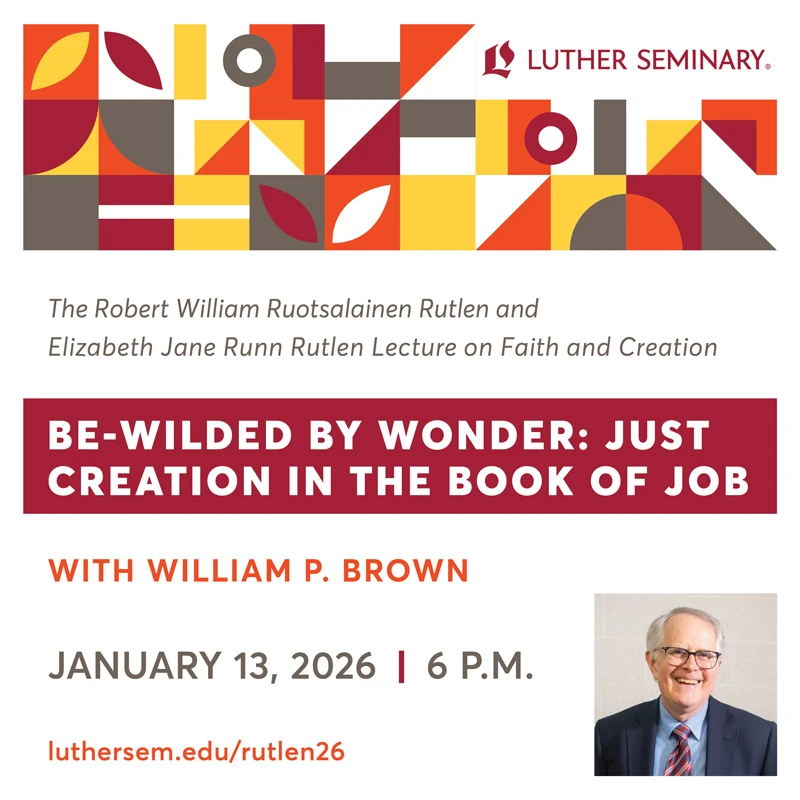SUMMARY
The dialogue between Job and his three companions breaks down in a series of speeches that do not follow the pattern of the previous speeches.
ANALYSIS
At the end of the long dialogue between Job and his three friends, the speeches become confusing and disjointed. For instance, immediately after Job laments that God allows the wicked free rein over the earth, he contradicts himself and argues that they will indeed be punished – “wickedness is broken like a tree” (24:20) – and that “he [God] prolongs the life of the mighty by his power” (24:22). This sounds more like Bildad than Job. Bildad has argued something very similar in chapter 18.
Then, after this uncharacteristically orthodox speech by Job, Bildad speaks for the last time but his speech is only six verses long (25:1-6). Job again breaks in with a long speech in which he chastises his friends (26:1-4), extols God’s power in creationCreation, in biblical terms, is the universe as we know or perceive it. Genesis says that in the beginning God created the heavens and the earth. In the book of Revelation (which speaks of end times) the author declares that God created all things and... More (26:5-14), maintains his integrity (27:1-6), and then asserts once more that God will punish the wicked (27:13-23). This last part of Job’s speech sounds, again, more like his friends than like him. Zophar, the third friend, never speaks in this last cycle of the dialogue.
What is going on here? Why does Job sound at times like his friends? Why is Bildad’s speech so short and Zophar’s nonexistent? Many scholars argue that the text has been “corrupted” in some way. That is, in the copying of the text, some of Bildad’s and Zophar’s dialogue has been lost or mistakenly ascribed to Job.
That is certainly a possibility. Another possibility is that Job is rhetorically shutting down his friends. That is, he knows what they will say anyway, so he says it for them so as to silence them. Whatever the reason, this ending of the dialogue does indeed silence the three friends. They do not speak again in the book.

